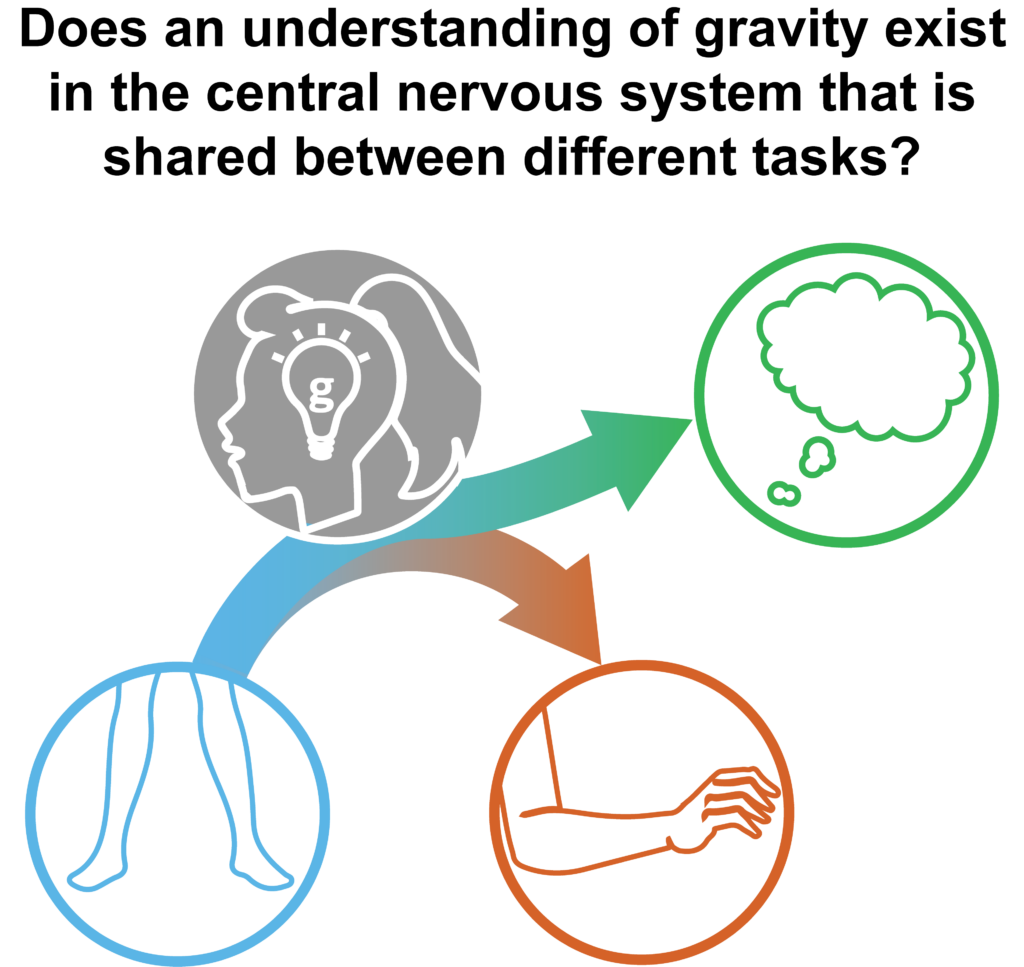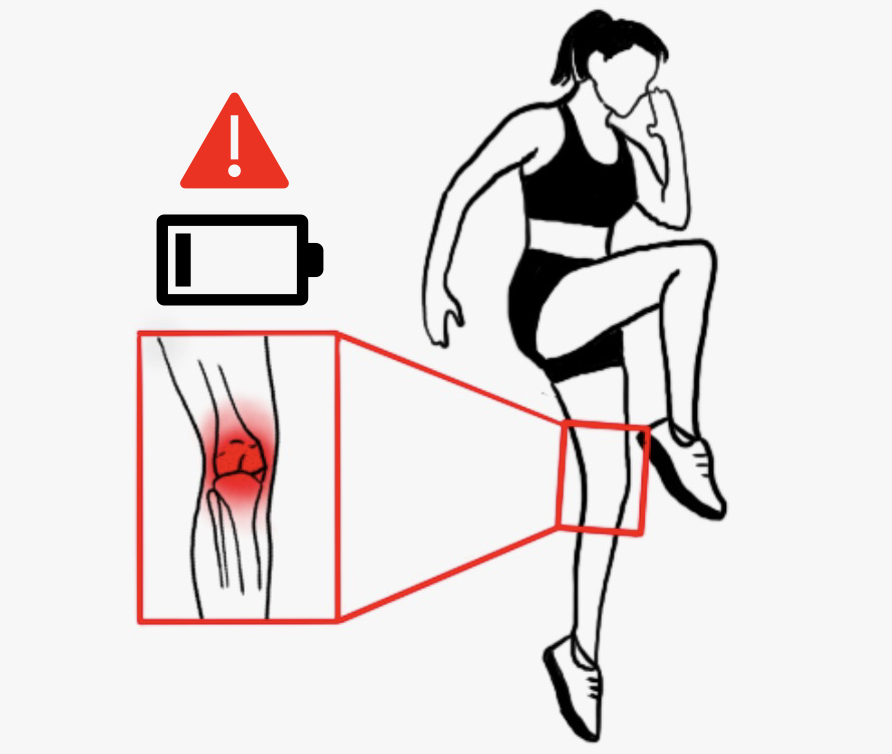Human Research Projects
Cognitive-Motor Adaptation to Altered Gravity

The way that people move through the world is informed by their conscious and unconscious decisions. These decisions are informed by a neural model of the person’s interaction with the environment, which includes a prediction of how gravity will affect their movement. Our group of researchers (dubbed the Graviteam) is interested in probing how the neural model of gravity is updated and deployed following exposure to altered gravity. If gravity is adapted in one task (like jumping), does that affect how a person moves their upper body? Or does that same adaptation affect how their cognitive prediction of a projectile’s movement?
Lab Members: Chase Rock
Undergraduates: Tushar Singh, Lynn Kim
Impacts of Neuromuscular Fatigue on Motor Coordination

Neuromuscular fatigue is a highly task-dependent condition that is known to have significant influences on neuromuscular and biomechanical properties in humans. Despite these potential outcomes, task performance can be maintained for long periods by leveraging motor redundancies to compensate for the aforementioned fatigue-induced changes. The central aim of this research is to characterize the role of neuromuscular fatigue in informing strategies of motor coordination of the lower limb.
Lab Members: Melody Modarressi, Joelle Dick
Undergraduates: Minho Lee
Motor Variability and Uncontrolled Manifold (UCM)

Lorem ipsum dolor sit amet, consectetur adipiscing elit. Ut elit tellus, luctus nec ullamcorper mattis, pulvinar dapibus leo.
Lab Members: Joelle Dick
Static and Dynamic Stretching of the Muscle-Tendon Unit

Lorem ipsum dolor sit amet, consectetur adipiscing elit. Ut elit tellus, luctus nec ullamcorper mattis, pulvinar dapibus leo.
Past Projects
Muscle Proprioception

We constantly plan movements that appear to us as having a singular purpose and accomplish these abstract goals using feedback from physiological organs that do not directly encode the same metric as defined by those goals. We examined the dynamics of the muscle-tendon complex during various tasks to infer how biological sensors like muscle proprioceptors may be involved in accomplishing such goals. Studies into physiological sensors and their potential functions beyond their afferent encoding help give a fuller appreciation of how we perceive the world around us.
Lab Members: Dr. Sam Kwak
Undergraduates: Madi Gaines, Knox Pittman